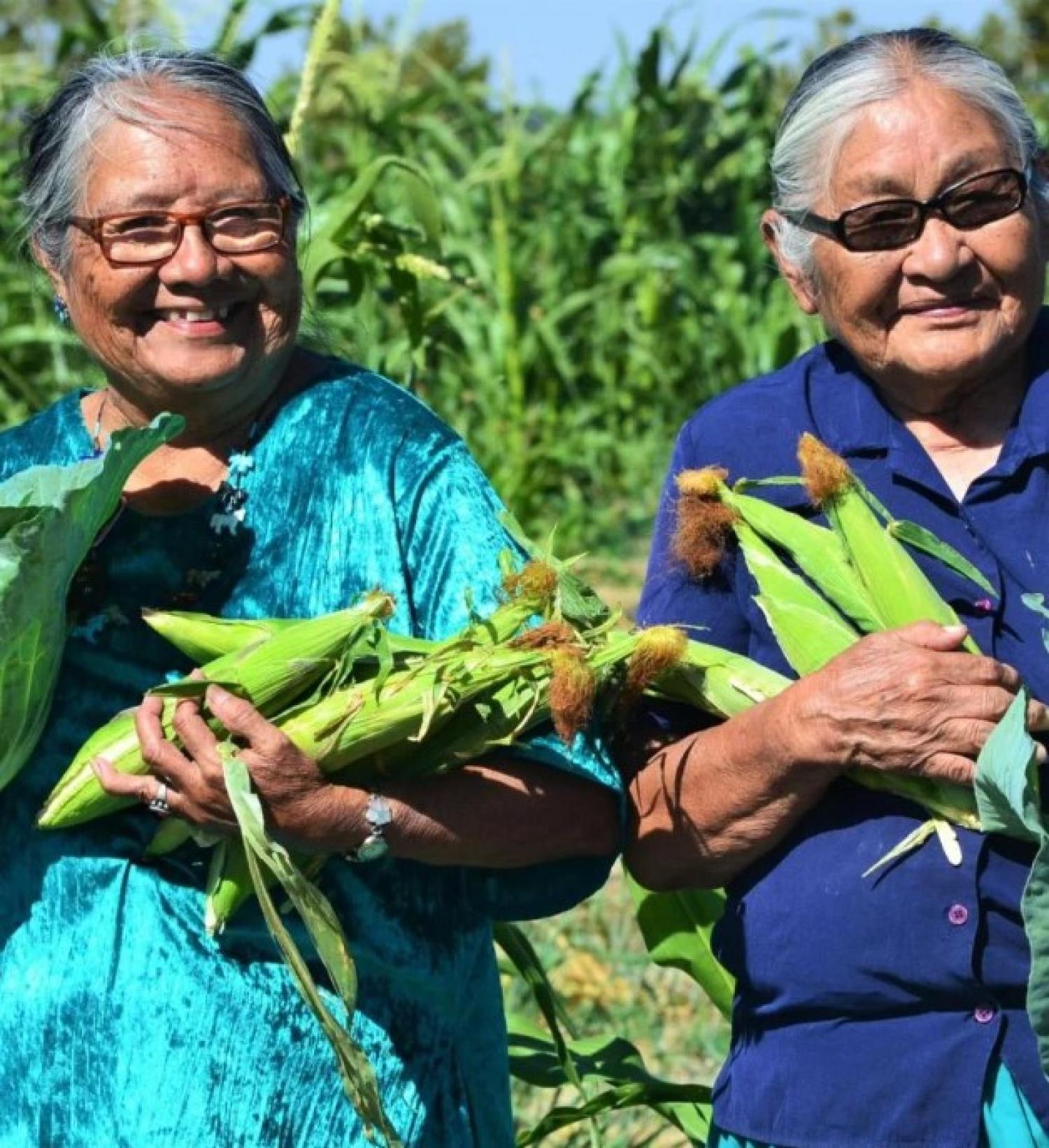It may be uncomfortable, but we need to talk about it: the animal agriculture industry and zero waste

The animal agriculture industry is the leading cause of most environmental degradation that is currently occurring. These detrimental effects happen as a result of overgrazing, habitat loss, overfishing and more. We are currently in the next mass extinction and animal agriculture is only fueling this catastrophe. Waste in the meat industry, too, is a major problem as well.
Animal agriculture’s impact
The following facts and numbers are from the documentary Cowspiracy: The Sustainability Secret:
- Processing one pound of beef uses 2,500 gallons of water, while it takes 477 gallons of water for eggs and nearly 900 gallons for cheese. Burning fossil fuels is the leading cause of climate change and the greenhouse effect has led to an unprecedented warming of the earth's temperature. Meanwhile, 82% of the world's underfed children live in countries where food is fed to livestock, and then sold to wealthier and developed countries. Animal agriculture produces 65% of the world's nitrous oxide emissions which has a global warming impact 296 times greater than carbon dioxide.
- Raising livestock for human consumption generates nearly 15% of total global greenhouse gas emissions, which is greater than all the transportation emissions combined. It also uses nearly 70% of agricultural land, contributing to deforestation, biodiversity loss and water pollution.
Ending our meat and dairy production could pause the increase of greenhouse gas emissions for 30 years, a new study suggests. All we need to do is adapt to a plant-based food system.
Also, this Forbes article discusses if animal agriculture costs more in health damage than it contributes to the economy.
Zero waste: sustainable farming
Agricultural waste, the unwanted or non-sellable materials that are produced in the growing of crops or raising of livestock, creates agricultural pollution. In reference to farming, the contamination of the environment due to agricultural pollution is worrisome. However, sustainable farming can be possible.
Some negative effects of this pollution include soil erosion, pesticide-related health issues and even water contamination.
Zero waste agriculture means that the output of one process will be the input of another, such as composting with worms or using wastewater treatments solely.
Agriculture and similar land-use generates more greenhouse gas emissions than all power generation!
Transforming our food production systems and consumption habits are undeniable solutions that must be part of the changes when addressing climate change. Right now, it is not specifically being addressed as a key factor of climate change. Step one is recognizing that it is a contributor, and then committing to developing and implementing solutions and strategies that will support a transition away from these animal agricultural food systems and depend more heavily on the plant-centric food systems.
This moving documentary sheds light on why some of the truths of agricultural practices are hushed in climate discussions. Since animal agriculture’s impact on the climate is so large and catastrophic, it is important to discuss this difficult topic.
Here are some small modifications you can make to your daily routine to reduce your own personal greenhouse gas emissions.
Doing your part
A plant-based diet: if there is apprehension, begin with Meatless Mondays then adapt to meatless meals as often as you can! Get creative with your meal-prepping, there are countless recipes using all sorts of plants in various ways. Here are some of my favorite places I get inspiration from:
Try non-dairy milk, spreads, cheeses and more.
Stop supporting factory farming.
Compost.
Support farmers that prioritize composting practices, as it reduces climate change.
Composting:
Reduces greenhouse gas emissions in landfills.
Makes our gardens and farms more sustainable and resilient against other effects of climate change.
Compost breaks down organic matter and puts it to good use, benefiting the environment.
Promotes healthier plant growth.
Social justice acknowledgement
Zero waste farming is not a new idea; in fact, this concept is what farmers in developing countries have typically done for centuries! Farmers use their land and resources to their full potential.
A lot of plant-based meat and dairy alternatives have political, corporate and societal barriers that prevent some communities from wanting to adopt this lifestyle. Lower prices and increasing access must be tackled and considered in influencing consumer decisions and protecting our environment.
Check out this awesome article about how Indigenous communities are the creators of regenerative agriculture!


